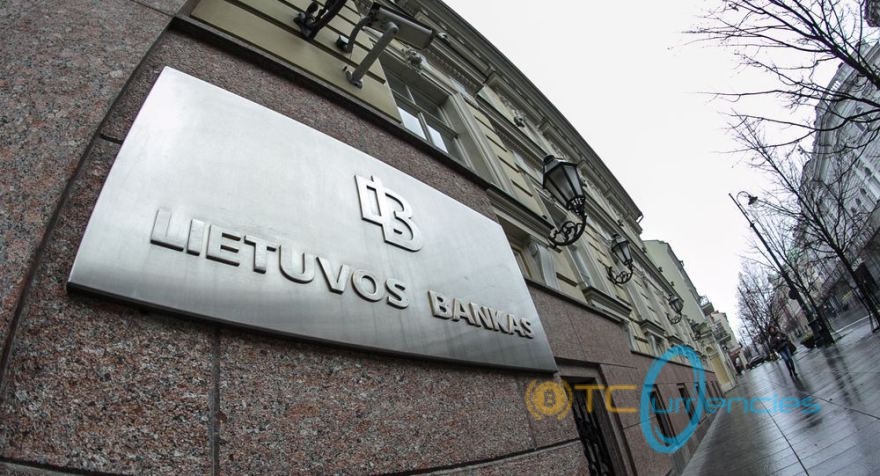Lithuania’s central bank is discussing crypto regulation matters with commercial banks and cryptocurrency businesses. During a Vilnius meeting, its fintech regulator is quoted to have said that reluctance to understand the cryptocurrency space leads nowhere. The local crypto community in Lithuania claims that the country’s projects attracted about 10% of Initial Coin Offering investments in 2017. The popularity of digital coins like BTC keeps growing in the Baltic nation.
Deliberations made
News outlets quoted a top-ranking official of the Central Bank of Lithuania saying that despite the risks involved, “the blind denial and the reluctance to understand the crypto world leads nowhere.” The central bank’s decision was reached after it reportedly held consultations with various financial authorities which include the Finance Ministry and Lithuania’s Financial Crimes Investigation Service, the FCIS.
Ekaterina Govina, the fintech coordinator of the central bank, said, “We sat-ICO companies, the FCIS, banks, and various stakeholders-at one table. It’s important for banks to discuss these matters with entities behind ICOs and firms that exchange digital currency. We’ve established a dialogue. Let us see where it is going to take us,” the Obzor wrote.
The central bank has previously maintained a rather conservative approach toward Initial Coin Offerings. It has also emphasized the separation of conventional financial services from virtual currency activities. The bank, however, hasn’t relinquished its intentions to turn the Baltic state into a fintech hub in Northern Europe. Apparently, it intends to achieve this goal by issuing more inexpensive licenses to cryptocurrency companies and accepting applications done in such foreign languages as English.
Banks do not get it
“When in need of banking services, crypto businesses face various issues,” says Vitautas Kasheta, the head of a Lithuanian crypto association. Kasheta adds that commercial banks do not understand crypto, which is why they consider it a risky venture, thus end up demanding additional guarantees. Often, they refuse setting up accounts for cryptocurrency companies.
“This dialogue is important. We want to have it with everybody to understand various business models better,” stated Mantas Zalatorius, the President of the Lithuanian Banks Association. He added that major priorities include anti-terrorism measures, consumer protection, and anti-money laundering measures. Commercial banks would provide their services only to those firms that prove their capital’s origin.
Lithuanians accept it
As digital currency keeps growing in popularity in Lithuania, the media in the Baltic nation has published more than 1,400 cryptocurrency-related articles within the first 3 months of this year compared to the 22 published within the same period in 2017.
Egle Nyameikshtite, the head of Vilnius Blockchain Center says that “Lithuania is shining on the world’s ICO map.” Statistics presented during the Vilnius conference showed that Lithuania-based projects attracted about 10% of Initial Coin Offering Investments in 2017. Nyameikshtite claims that only the Chinese and Americans are ahead of Lithuanians.
Lithuanians are incorporating cryptocurrencies in their everyday life, using them as means of making payments. Recently, the United Colors Benetton franchisee announced that it’s accepting crypto payments. One international fashion brand in Vilnius also accepts NEM, BTC, ETH, and dash payments.




